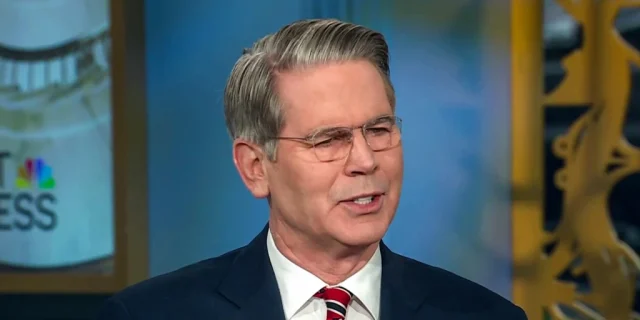The United States has made it clear that finalizing U.S. trade agreements will not be rushed ahead of the August 1 deadline, when higher tariffs could take effect. The administration is prioritizing the strength and substance of deals over meeting tight timelines, according to Treasury Secretary Scott Bessent.
In an interview with CNBC, Bessent emphasized that the Trump administration will not compromise on quality just to close negotiations by the deadline. “We’re not going to rush for the sake of doing deals,” he said, underscoring a strategic approach focused on long-term economic gains rather than short-term political wins.
When asked whether the August 1 cutoff could be extended for countries engaged in constructive talks, Bessent deferred to President Trump. “We will see what the President wants to do,” he noted. “But if we revert to the August 1 tariff, I would expect that higher tariff levels will increase pressure on those nations to deliver stronger, more favorable agreements.”
The remarks signal a calibrated strategy in Washington’s ongoing trade diplomacy, where leverage and negotiation timing are being used to push for better terms. Reuters reported that Bessent also suggested upcoming discussions with China, despite persistent tensions over trade imbalances and geopolitical issues.
While acknowledging progress in trade relations, Bessent criticized China’s continued purchase of sanctioned Iranian and Russian oil. “The Chinese, unfortunately, are very large purchasers of sanctioned oil,” he said, linking energy trade to broader enforcement of international sanctions.
He added that the U.S. sees room for deeper dialogue, including on structural shifts within China’s economy. Bessent referenced a “great rebalancing” that he believes is necessary for sustainable global trade, pointing to overcapacity in key industries and unfair market practices.
On Europe, Bessent indicated the U.S. may push for coordinated secondary tariffs on Russia, urging European allies to align more closely with American sanctions policy. Such measures could further shape transatlantic economic cooperation—or friction—in the months ahead.
Regarding Japan, the Treasury Secretary downplayed concerns about domestic politics in Tokyo, stressing that the focus remains squarely on securing a deal that benefits American workers and businesses. “Our priority is getting the right agreement—not managing their internal dynamics,” he said.
As global markets watch for developments, the administration’s stance reinforces that U.S. trade agreements will be driven by strategic outcomes, not calendar deadlines. This approach reflects a broader effort to reshape international trade frameworks in favor of fairer, reciprocal, and enforceable terms.
Follow us on Instagram
https://www.instagram.com/businessnewsng?igsh=ZXpweTdjOGF1ZXdu





















